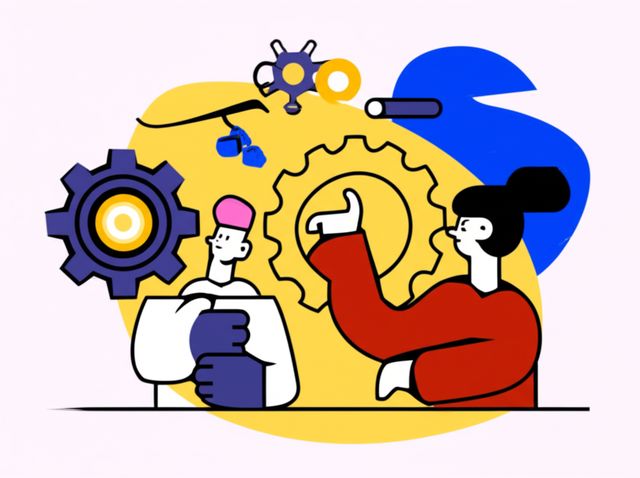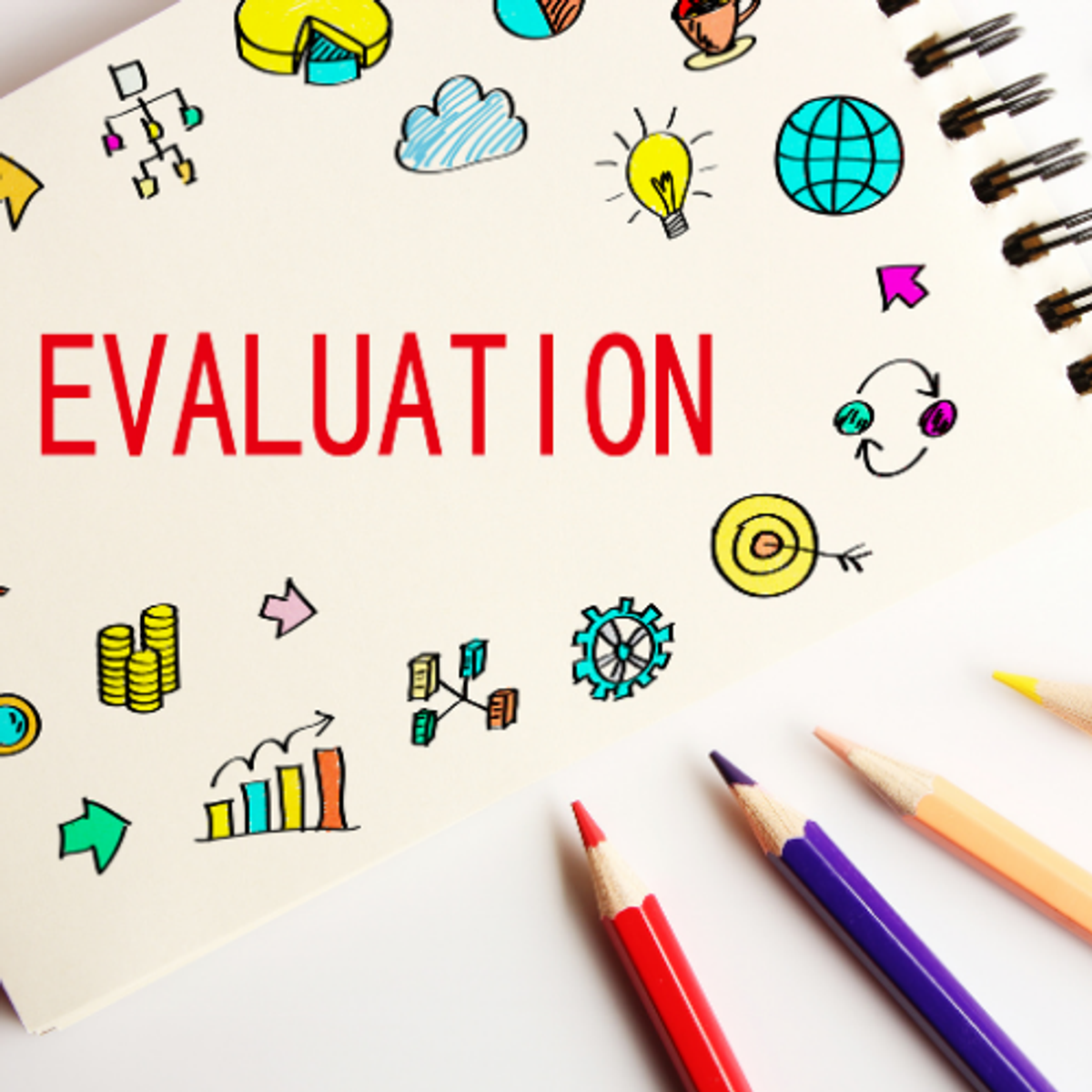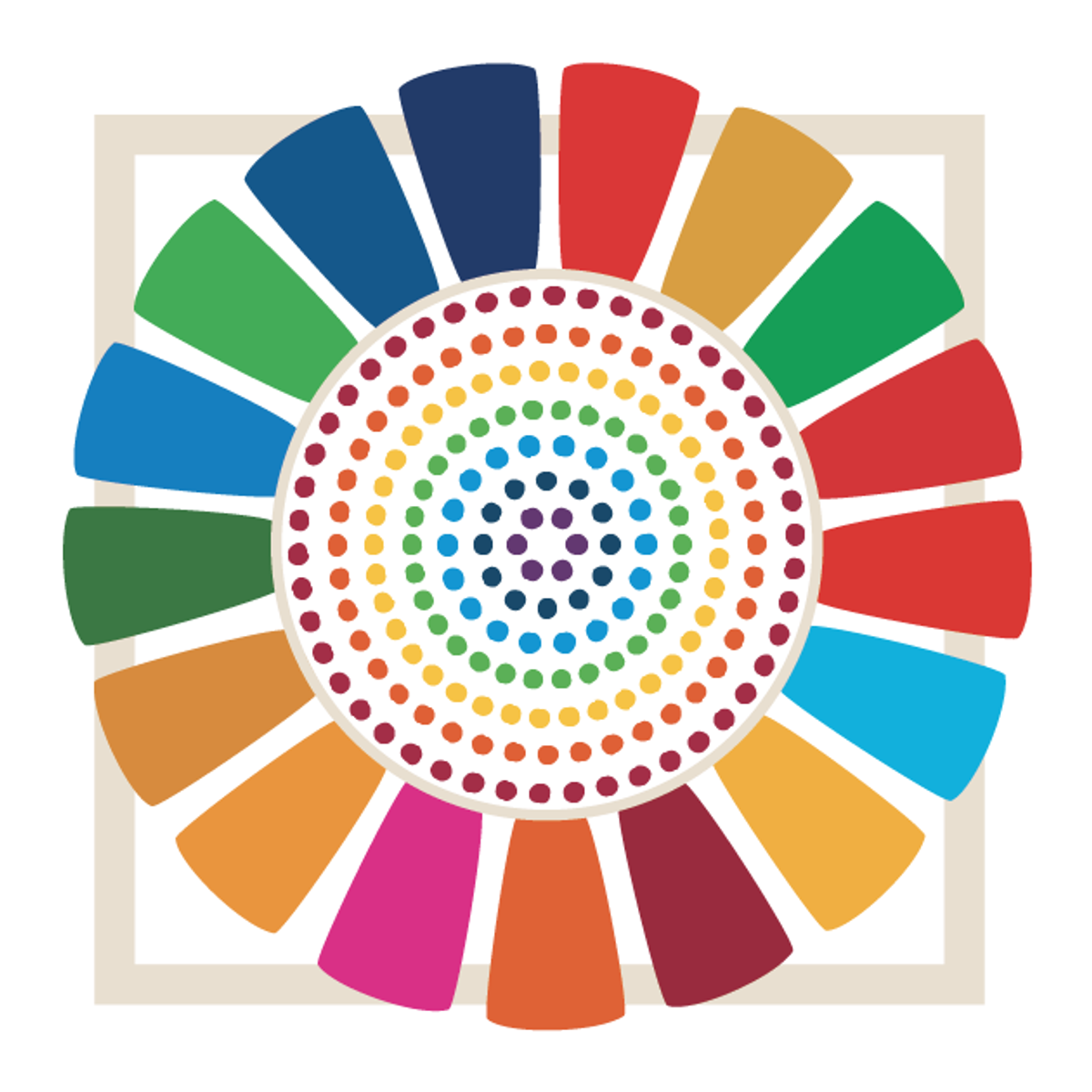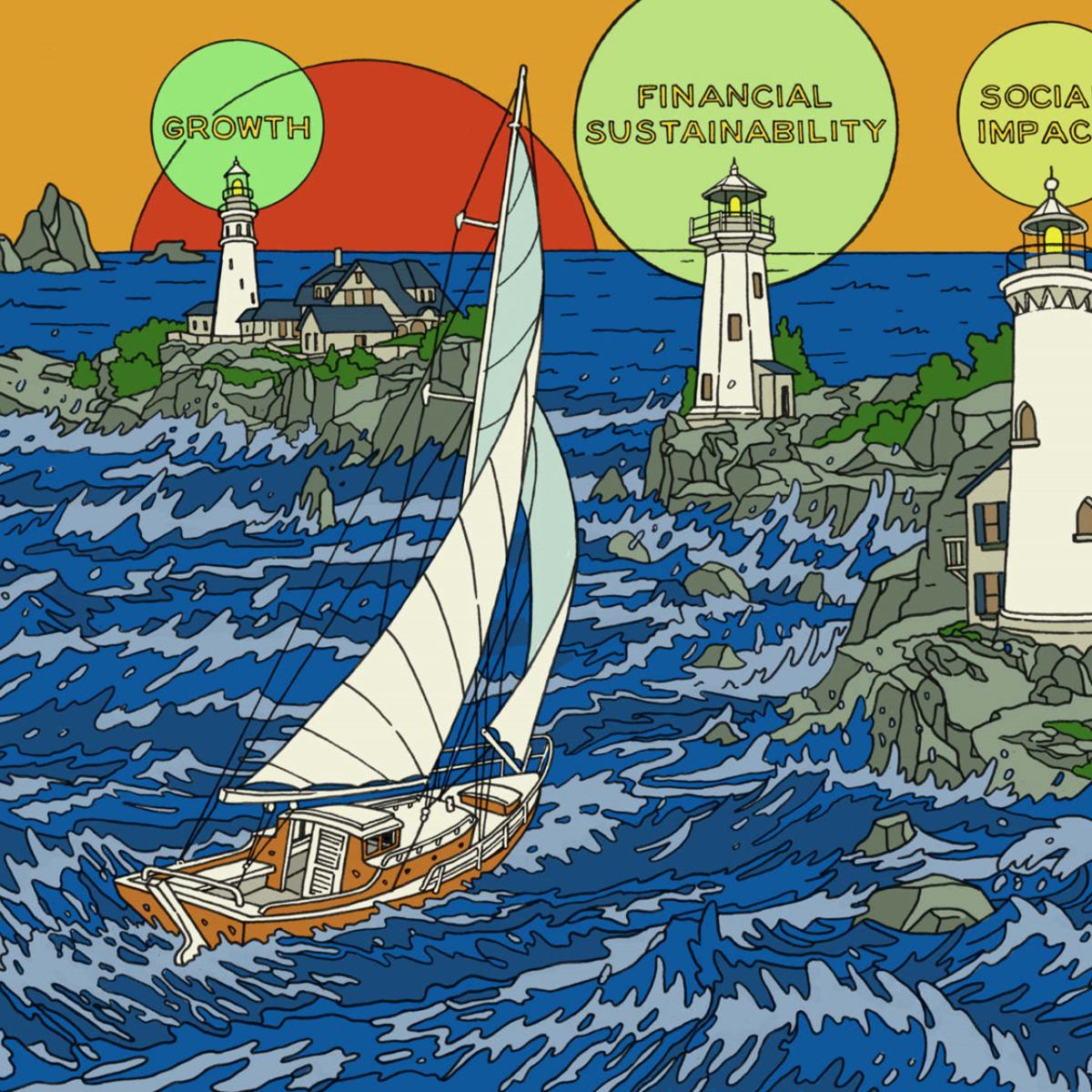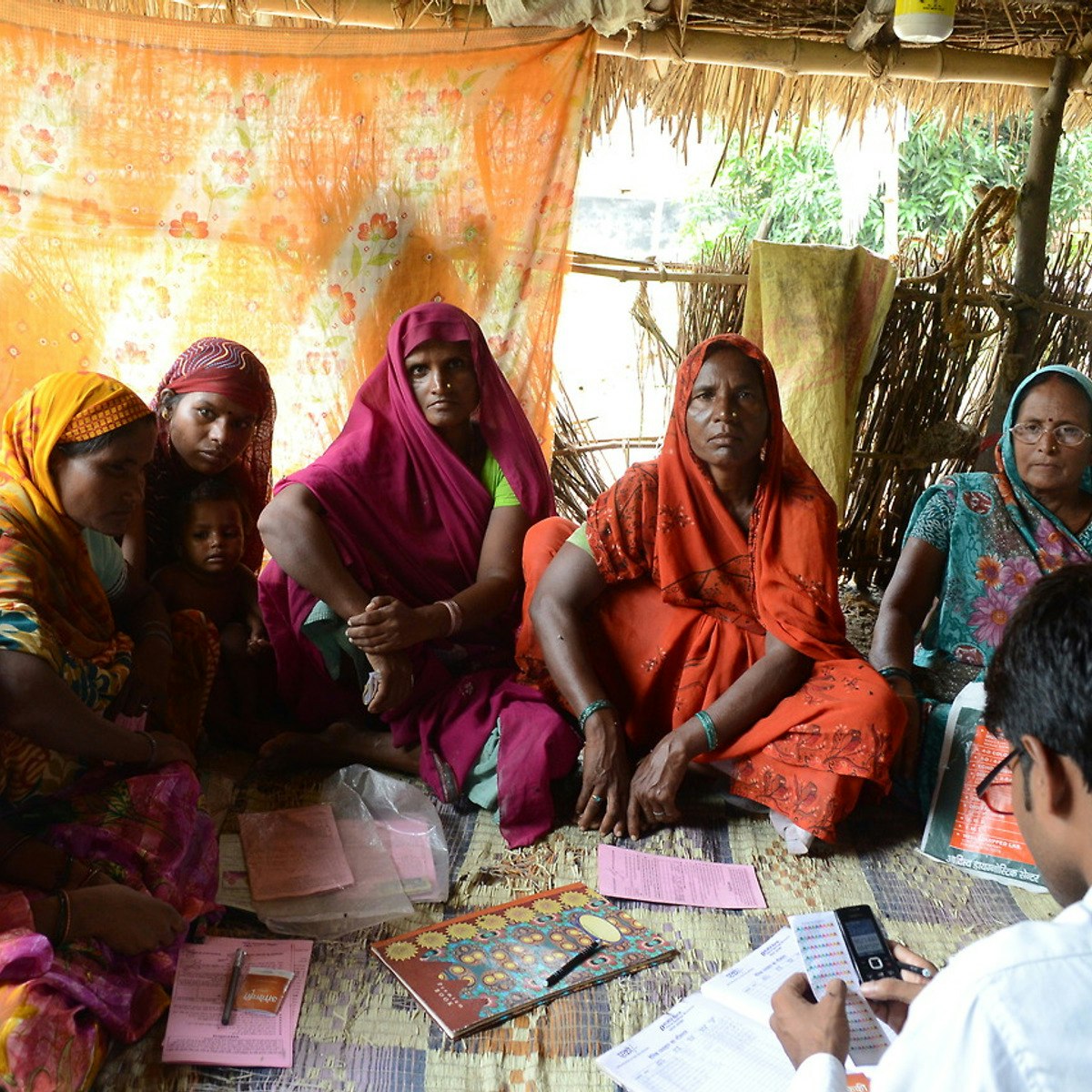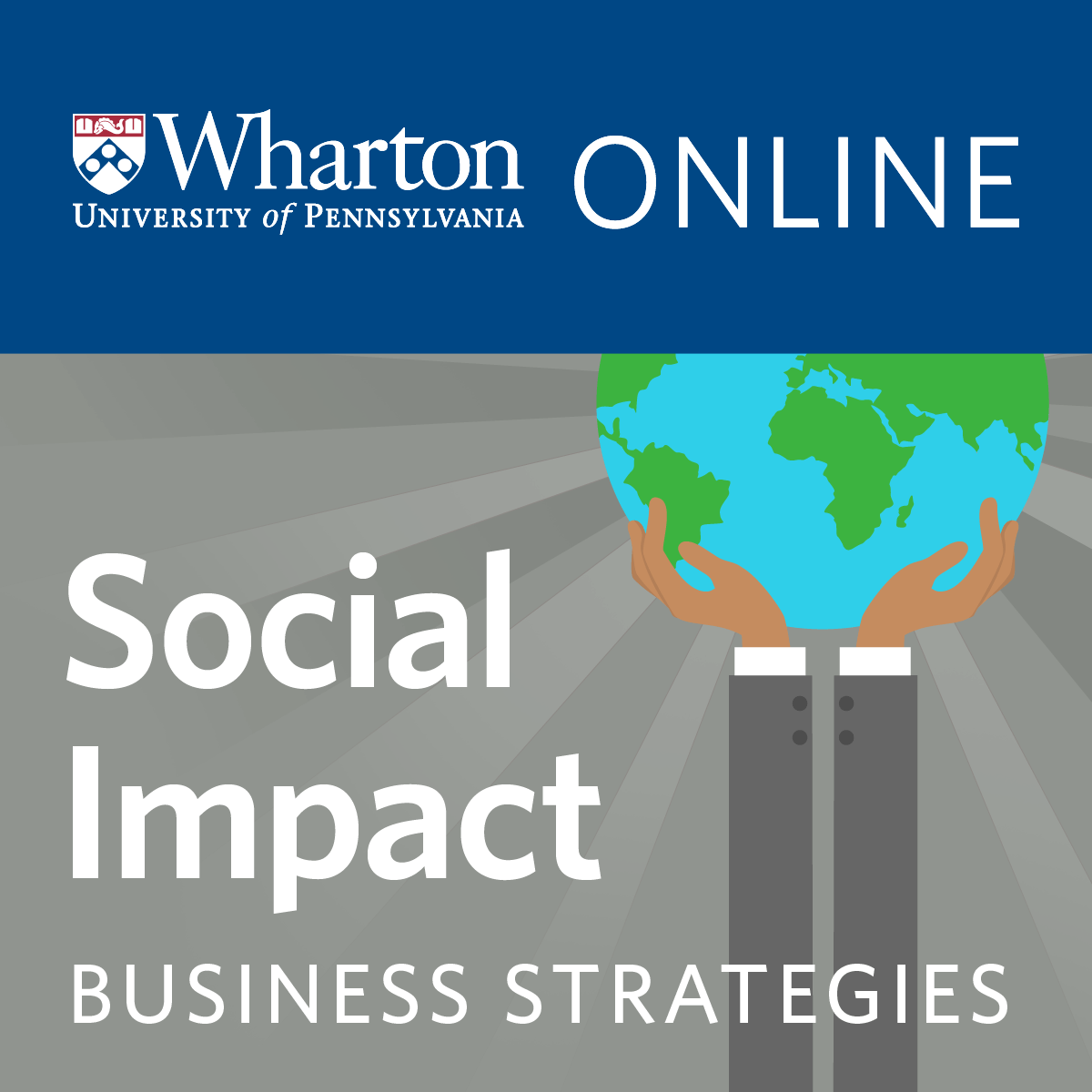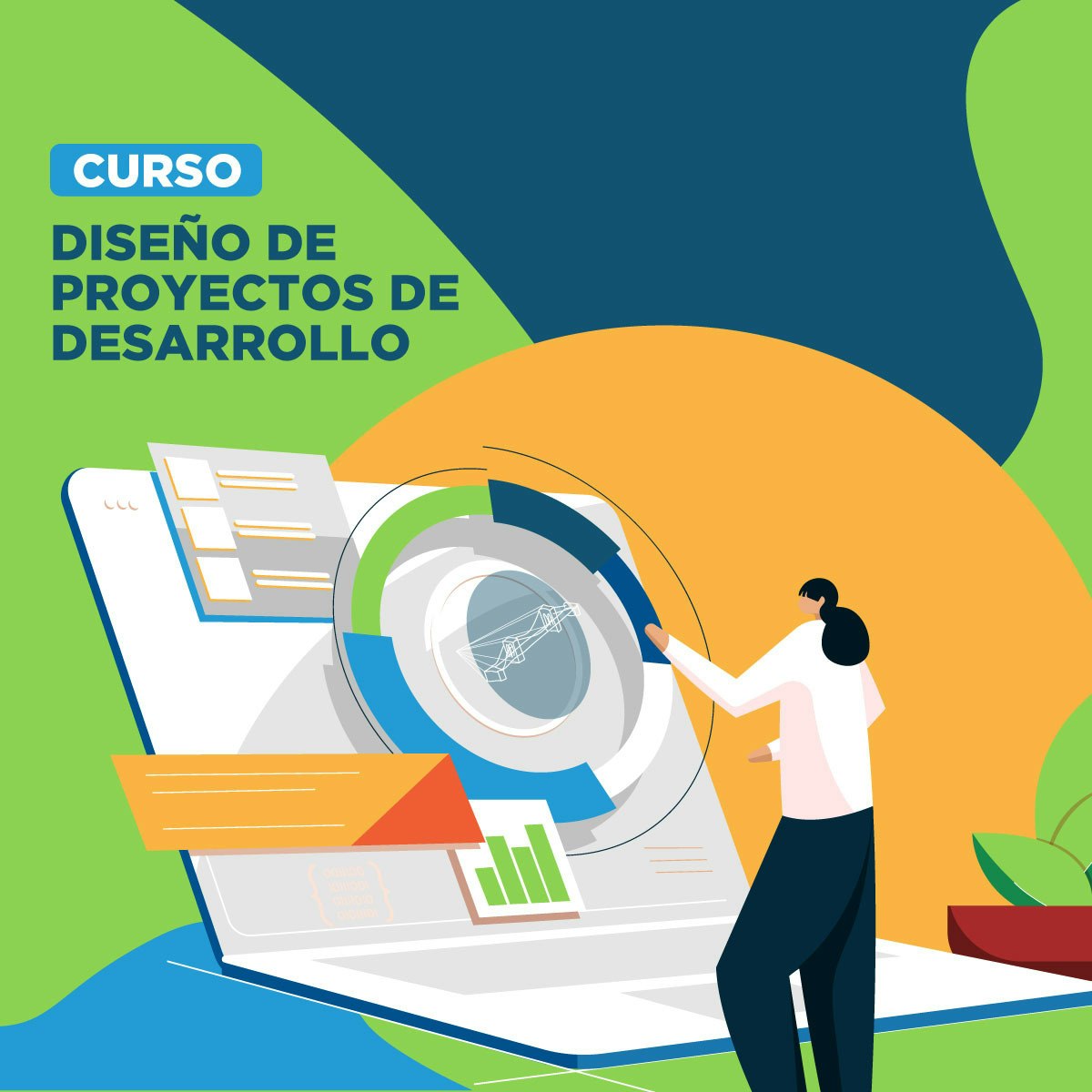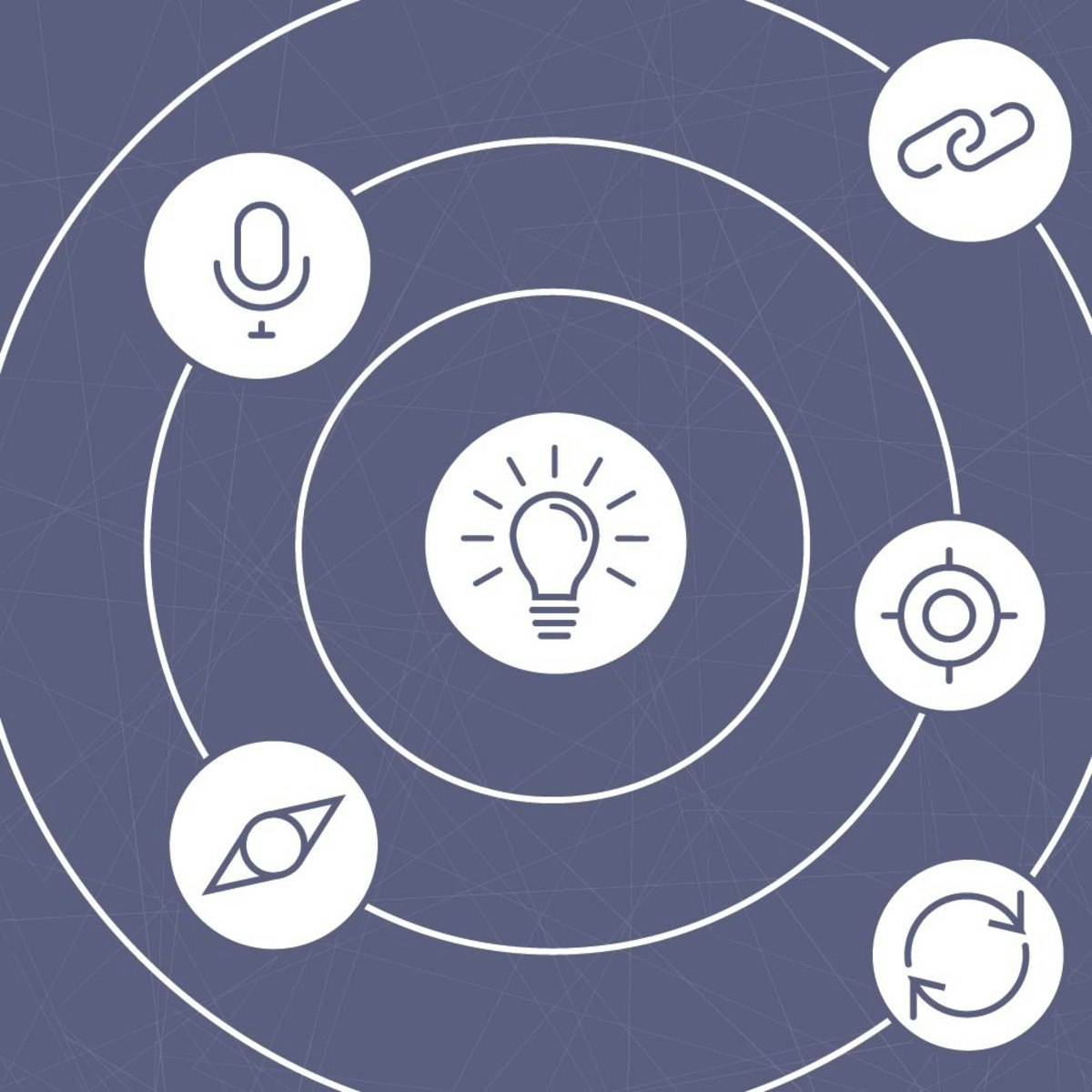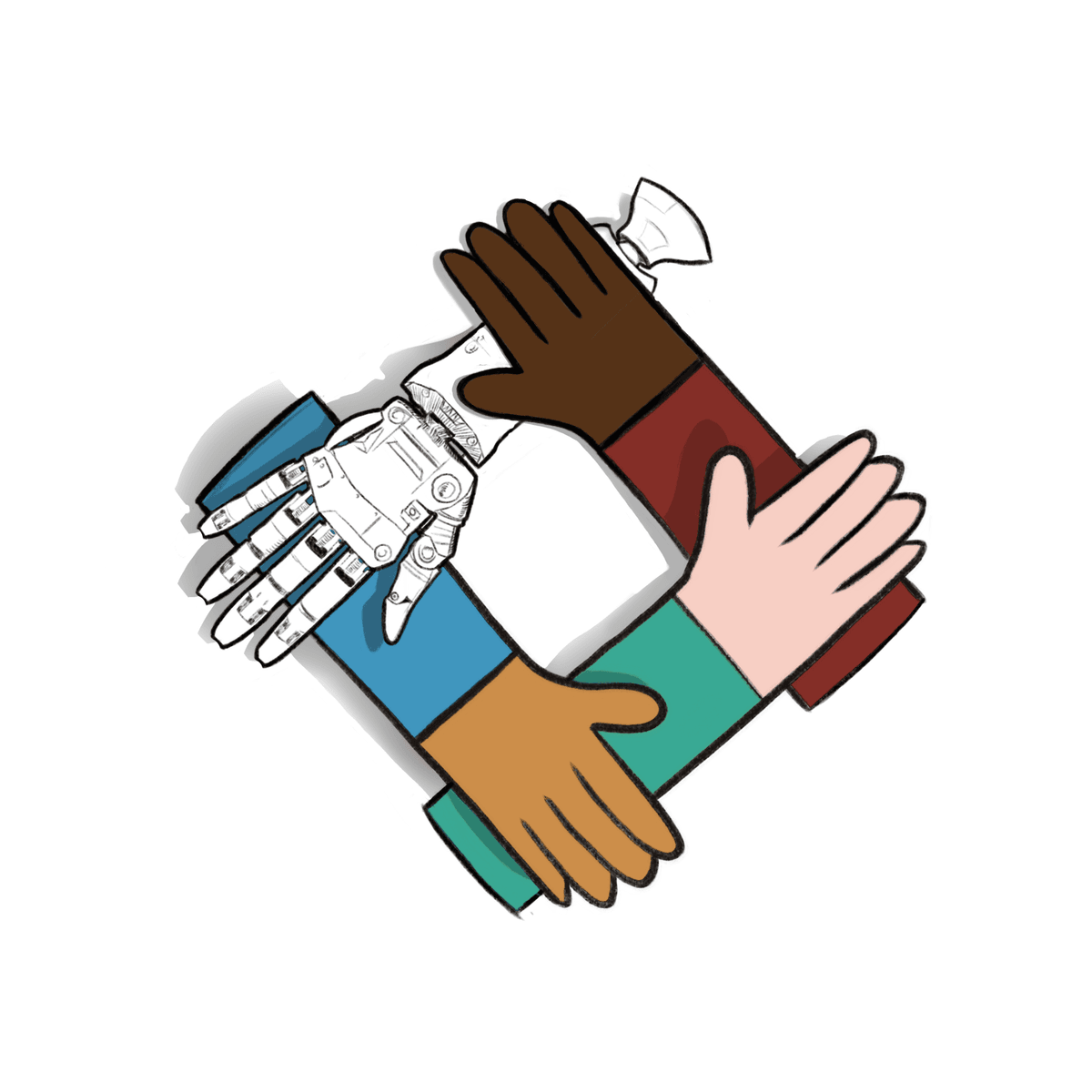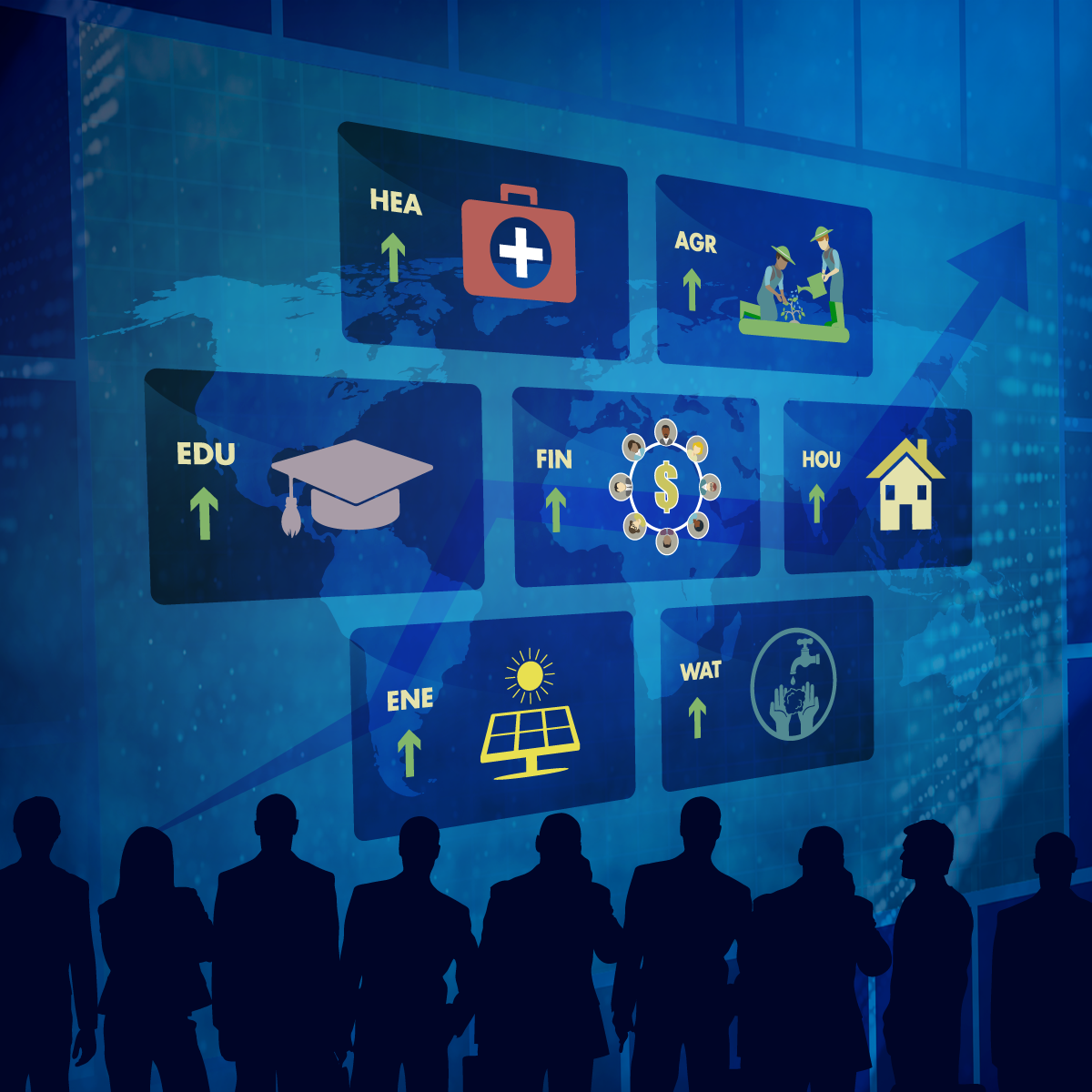Social Impact Analyst
Social Impact Analyst
A Social Impact Analyst plays a crucial role in evaluating the effects of projects, programs, and policies on society and the environment. They measure how organizations, whether non-profits, government bodies, or corporations, contribute positively or negatively to social well-being, environmental sustainability, and economic development. This involves collecting data, analyzing outcomes, and communicating findings to help organizations understand and improve their impact.
Working in this field can be deeply rewarding. You get to bridge the gap between good intentions and tangible positive change. Imagine using data to demonstrate how a literacy program genuinely improves community prospects, or advising a company on how to minimize its environmental footprint while maximizing community benefits. It's a career focused on making a measurable difference.
Introduction to Social Impact Analysis
Defining the Field and Its Reach
Social Impact Analysis (SIA) is a systematic process used to assess and manage the social consequences, both positive and negative, of planned interventions (policies, programs, plans, projects) and any social change processes invoked by those interventions. Its primary goal is to bring about a more sustainable and equitable biophysical and human environment. It goes beyond simply tracking donations or volunteer hours; it delves into the actual changes experienced by people and the planet.
The scope of SIA is broad, touching various aspects of community well-being, including livelihoods, health, culture, community cohesion, political systems, environment, and human rights. It aims to ensure that development projects and policies are designed and implemented in ways that maximize positive social outcomes and minimize or mitigate negative ones. It's about understanding the ripple effects of actions.
Essentially, a Social Impact Analyst acts as a translator and guide. They translate complex social dynamics and project outcomes into understandable metrics and narratives. They guide organizations toward strategies that are not only effective operationally but also responsible and beneficial socially and environmentally.
The Growth and Importance of Social Impact Measurement
While the roots of assessing social consequences go back further, the formal field of Social Impact Assessment gained prominence alongside environmental impact assessment in the latter half of the 20th century. Initially focused on large infrastructure projects, its application has expanded significantly. Early efforts often focused on mitigating negative impacts, like displacement caused by dam construction.
Over time, the focus shifted towards proactively maximizing positive impact and aligning organizational activities with broader societal goals. The rise of concepts like Corporate Social Responsibility (CSR), sustainable development goals (SDGs), and impact investing fueled demand for rigorous impact analysis. Organizations realized that measuring impact wasn't just about compliance but also about strategic advantage and stakeholder trust.
Today, SIA incorporates sophisticated methodologies and draws from various disciplines like sociology, economics, anthropology, and environmental science. It reflects a growing global consciousness that economic activities must be accountable for their broader social and environmental footprints, moving beyond purely financial metrics.
These books provide context on the evolution and application of impact-focused thinking in various sectors.
Where Social Impact Analysts Work
Social Impact Analysts are employed across a diverse range of sectors. Non-governmental organizations (NGOs) and foundations rely heavily on SIA to demonstrate the effectiveness of their programs to donors and beneficiaries, refine their strategies, and ensure accountability. They need to prove their interventions are making a real difference.
Government agencies, from local municipalities to international bodies like the World Bank or the United Nations, use SIA to inform policy design, evaluate public programs, and manage the social aspects of development projects. Ensuring public funds lead to positive social outcomes is a key driver here.
Corporations increasingly hire social impact professionals within CSR, sustainability, or Environmental, Social, and Governance (ESG) departments. They analyze the impact of business operations, supply chains, and corporate philanthropy, responding to investor pressure, regulatory requirements, and consumer expectations for responsible business practices.
Consulting firms specializing in social impact, sustainability, or development also employ analysts to serve clients across these sectors. Furthermore, impact investing funds require analysts to assess the potential and actual social returns of their investments alongside financial returns.
Core Responsibilities of a Social Impact Analyst
Measuring What Matters: Quantitative and Qualitative Approaches
A central task for a Social Impact Analyst is measuring impact. This involves both numbers and narratives. Quantitative analysis uses numerical data to track changes, such as the percentage increase in household income due to a microfinance program or the reduction in carbon emissions from a new technology.
Qualitative analysis, on the other hand, explores the 'why' and 'how' behind the numbers. It uses methods like interviews, focus groups, case studies, and observation to understand people's experiences, perceptions, and the nuances of social change. Capturing stories of transformation or unexpected challenges provides depth and context that numbers alone cannot.
Effective impact analysis skillfully integrates both approaches. Quantitative data provides scale and comparability, while qualitative insights offer depth, explanation, and a human perspective. The analyst must choose appropriate indicators and methods based on the project's goals, context, and available resources.
These courses introduce methods for evaluating programs and understanding impact assessment.
Engaging with Stakeholders
Social impact rarely happens in isolation; it involves multiple groups of people or 'stakeholders'. These can include beneficiaries, local communities, employees, customers, investors, government regulators, and partner organizations. A Social Impact Analyst must effectively engage with these diverse groups.
Stakeholder engagement involves identifying relevant groups, understanding their perspectives and interests, involving them in the design and evaluation of initiatives, and communicating findings back to them. This ensures that the analysis is grounded in reality, considers different viewpoints, and builds trust and ownership.
Strategies might include community meetings, surveys, participatory workshops, or establishing advisory councils. The goal is to create a dialogue, manage expectations, address concerns, and ensure the impact assessment process itself is inclusive and respectful. Ethical considerations are paramount in these interactions.
Informing Decisions: Policy and Strategy Recommendations
Analysis without action is incomplete. A key responsibility is translating impact findings into actionable recommendations for improving policies, programs, or strategies. This involves identifying what worked well, what didn't, and why, based on the evidence gathered.
Recommendations must be practical, relevant, and targeted to the decision-makers. They might suggest adjustments to program activities, changes in resource allocation, new partnership approaches, or shifts in overall organizational strategy to enhance positive impact and mitigate negative consequences.
This requires strong analytical skills combined with clear communication and an understanding of organizational dynamics. The analyst needs to present complex findings in a compelling way that motivates stakeholders to adopt the proposed changes.
Reporting and Frameworks
Communicating impact findings effectively is crucial. Social Impact Analysts prepare reports, presentations, and dashboards tailored to different audiences, from internal management to external funders and the public. Clarity, transparency, and accuracy are essential.
Standardized reporting frameworks help ensure consistency and comparability. Widely used examples include the Global Reporting Initiative (GRI) Standards for sustainability reporting, IRIS+ by the Global Impact Investing Network (GIIN) for impact measurement and management, and frameworks aligned with the UN Sustainable Development Goals (SDGs).
Analysts must be familiar with relevant frameworks and select or adapt them appropriately. They need to present data clearly, often using visualizations, and provide context and interpretation to make the information meaningful and useful for decision-making and accountability.
This course provides background on reporting and CSR strategy.
These books delve into metrics and reporting standards relevant to the field.
Essential Skills and Competencies
Analytical and Data Proficiency
Strong analytical skills are fundamental. Social Impact Analysts must be comfortable working with both quantitative and qualitative data. This includes designing data collection methods (surveys, interviews, etc.), cleaning and organizing data, and performing statistical analysis.
Proficiency in data analysis software is often required. This might range from spreadsheet programs like Excel for basic analysis to more advanced statistical packages like R, Python, Stata, or SPSS for complex modeling. Familiarity with database management can also be beneficial.
Beyond computation, the ability to interpret data, identify patterns, draw meaningful conclusions, and spot limitations is critical. Data visualization skills, using tools like Tableau or Power BI, are increasingly important for communicating findings effectively to diverse audiences.
Communication and Interpersonal Skills
Social Impact Analysts interact with a wide variety of people, often across cultural and socioeconomic divides. Excellent communication skills – both written and verbal – are essential for building rapport, conducting interviews, facilitating workshops, and presenting findings clearly and persuasively.
Cross-cultural communication competency is particularly important, especially in international development contexts or diverse community settings. This involves sensitivity to different communication styles, cultural norms, and power dynamics. Active listening and empathy are key.
Analysts must also be adept at translating complex technical information into accessible language for non-expert audiences, including senior management, community members, or policymakers. Building relationships and collaborating effectively with diverse teams and stakeholders are vital for success.
Domain Knowledge and Contextual Understanding
While analytical skills are transferable, effective SIA requires understanding the specific context. This includes knowledge of relevant social issues (e.g., poverty, health, education, environment), regulatory landscapes (like ESG reporting requirements or human rights standards), and the specific sector (non-profit, corporate, government).
Familiarity with frameworks like the Sustainable Development Goals (SDGs) provides a common language for discussing global challenges and aligning impact efforts. Understanding the political, economic, and social dynamics of the region or community being studied is crucial for accurate interpretation and relevant recommendations.
Continuous learning is necessary to stay abreast of evolving issues, regulations, and best practices within the specific domain of impact analysis being undertaken.
These courses cover relevant frameworks and contextual issues like sustainability and SDGs.
Systems Thinking and Ethical Reasoning
Social problems are often complex and interconnected. Systems thinking – the ability to understand how different parts of a system influence one another – is crucial for a Social Impact Analyst. It helps in identifying root causes, anticipating unintended consequences, and designing interventions that address the whole picture.
Ethical reasoning is paramount. Analysts frequently navigate sensitive issues, power imbalances, and potentially conflicting interests. They must uphold principles of fairness, transparency, confidentiality, and respect for participants. Ensuring the 'do no harm' principle is central to the work.
This involves critically examining assumptions, potential biases in data collection or interpretation, and the ethical implications of recommendations. A strong ethical compass guides the analyst in making responsible choices throughout the impact assessment process.
Formal Education Pathways
Undergraduate Foundations
There isn't one single prescribed undergraduate major for becoming a Social Impact Analyst. However, degrees that provide strong analytical training and understanding of social systems are highly relevant. Common backgrounds include economics, sociology, political science, international relations, public policy, statistics, and environmental studies.
Coursework in research methods (both quantitative and qualitative), statistics, economics, sociology, and ethics provides a solid foundation. Majors that involve fieldwork, community-based research projects, or policy analysis can offer valuable practical experience.
Regardless of the major, developing strong writing, critical thinking, and analytical skills is essential. Complementary coursework or minors in areas like data science, communications, or regional studies can also be advantageous depending on career interests.
You can explore relevant degree programs and foundational subjects through Social Sciences or Data Science categories on OpenCourser.
Graduate Studies for Specialization
Many Social Impact Analysts hold master's or doctoral degrees. Graduate programs offer opportunities for specialization and deeper methodological training. Relevant master's degrees include Public Policy (MPP), Public Administration (MPA), International Development, Environmental Management, Sociology, Economics, Statistics, or specialized programs in Social Impact or Sustainability.
These programs often provide advanced training in program evaluation, econometrics, qualitative research methods, policy analysis, and specific domain areas (e.g., global health, sustainable finance). Many incorporate practical components like capstone projects or internships, allowing students to apply their skills in real-world settings.
A PhD is typically pursued by those interested in academic research, teaching, or high-level research roles in think tanks or international organizations. PhD research often pushes the frontiers of impact measurement methodologies, theoretical frameworks, or specific thematic areas within social impact.
Certifications and Accreditations
While not always mandatory, professional certifications can enhance credibility and demonstrate specialized expertise. Various organizations offer certifications related to sustainability reporting (e.g., GRI certification), ESG analysis, or specific impact measurement methodologies.
Some universities or professional bodies offer certificates in areas like program evaluation, non-profit management, or corporate social responsibility. These can be valuable for individuals seeking to formalize their knowledge or pivot into the field from related areas.
It's important to research the reputation and relevance of different certifications within your target sector or industry. Continuous professional development, through workshops, webinars, and conferences, is also crucial for staying current in this evolving field.
Online and Experiential Learning
The Role of Online Courses
Online courses offer incredibly flexible and accessible pathways to build foundational knowledge and acquire specific skills relevant to social impact analysis. Whether you're supplementing a formal degree, transitioning from another career, or seeking continuous professional development, online platforms provide a wealth of resources.
Platforms like OpenCourser aggregate courses from various providers, covering topics from introductory statistics and data analysis to specialized areas like Sustainability, Public Policy, and impact measurement frameworks. You can learn at your own pace, often from leading universities and industry experts, without geographical constraints.
Online learning allows you to tailor your education to specific career goals. You might focus on data visualization tools, qualitative research methods, or the specifics of ESG reporting, depending on the roles you're targeting. Many courses also offer certificates upon completion, which can be highlighted on resumes and professional profiles.
These courses offer introductions to social business and impact strategy, suitable for online learning.
Bridging Theory and Practice: Projects and Portfolios
While courses provide knowledge, practical application is key. Many online courses incorporate projects or case studies, but seeking out additional hands-on experience is highly recommended, especially for career changers or those new to the field.
Consider undertaking independent projects where you apply impact analysis concepts. This could involve analyzing publicly available data from an NGO, evaluating a local community initiative (with permission), or developing a hypothetical impact framework for a social enterprise. Documenting these projects creates a portfolio showcasing your skills to potential employers.
Capstone projects, often part of online specializations or certificate programs, offer structured opportunities to tackle a real-world problem. Contributing to open-source data analysis projects related to social issues or volunteering analytical skills to a small non-profit can also provide valuable experience.
Micro-credentials and Specialized Skills
The field of social impact is diverse, and specific roles may require specialized competencies. Micro-credentials, often earned through shorter online course series or modules, allow learners to gain targeted skills quickly. This could include proficiency in a specific reporting standard (like GRI), a particular data analysis tool, or methods for stakeholder engagement.
These focused credentials can be particularly useful for professionals looking to upskill within their current role or pivot to a niche area within social impact. They demonstrate initiative and a commitment to acquiring specific, in-demand skills relevant to the job market.
Platforms increasingly offer pathways combining multiple micro-credentials into broader certificates, allowing for flexible, stackable learning. Explore OpenCourser's browse features to find courses and credentials related to specific tools or frameworks.
Gaining Experience: Internships and Volunteering
Experiential learning through internships or volunteer roles provides invaluable real-world exposure. Many organizations, including NGOs, foundations, and corporate sustainability departments, offer internships specifically focused on research, evaluation, or impact analysis.
Virtual internships have become more common, opening up opportunities with global organizations regardless of your location. These roles allow you to work alongside experienced professionals, contribute to meaningful projects, and build your professional network. Look for opportunities that align with your interests and provide mentorship.
Volunteering your analytical skills to smaller non-profits or community groups that may lack resources for dedicated impact staff can also be a rewarding way to gain experience and build your portfolio while making a tangible contribution.
Career Progression and Opportunities
From Entry-Level to Senior Roles
Entry-level positions often carry titles like Research Assistant, Program Associate, Junior Analyst, or ESG Data Analyst. These roles typically involve supporting senior analysts with data collection, basic analysis, literature reviews, report preparation, and logistical support for fieldwork or stakeholder engagement.
With experience, analysts take on more responsibility, potentially leading specific components of an assessment, managing data collection processes, conducting more complex analyses, engaging directly with key stakeholders, and drafting reports. Titles might evolve to Social Impact Analyst, Evaluation Officer, or Sustainability Specialist.
Senior roles often involve leading entire impact assessment projects, designing methodologies, managing teams, advising senior leadership on strategy, representing the organization externally, and contributing to thought leadership in the field. Titles could include Senior Social Impact Analyst, Director of Impact, Head of ESG, or Principal Consultant.
Transitioning from Related Fields
The interdisciplinary nature of social impact analysis makes it accessible for professionals transitioning from related fields. Individuals with backgrounds in market research, data analysis, financial analysis, corporate social responsibility (CSR), international development, environmental consulting, or academic research often possess valuable transferable skills.
For instance, a Data Analyst brings quantitative skills, while someone from CSR understands corporate contexts. Development professionals often have fieldwork and stakeholder engagement experience. Highlighting these transferable skills and supplementing them with targeted learning (e.g., specific impact frameworks, qualitative methods) through online courses or certifications can facilitate a successful transition.
Networking within the social impact community, attending industry events, and informational interviews can help identify opportunities and understand how existing skills align with roles in the field. Clearly articulating your motivation for moving into social impact is also important.
Entrepreneurial Paths: Impact Consulting and Social Enterprise
Experienced Social Impact Analysts may pursue entrepreneurial opportunities. Founding an independent consulting practice allows analysts to offer specialized expertise in impact measurement, strategy, or reporting to a variety of clients across sectors.
Another path is launching a social enterprise – a business designed primarily to achieve a specific social or environmental mission, using business methods to create sustainable impact. Analysts' understanding of social problems and measurement techniques can be invaluable in designing and scaling effective social ventures.
These paths require not only analytical expertise but also business development skills, financial acumen, and a strong network. Incubators, accelerators, and funding networks focused on social entrepreneurship can provide support for those venturing down this road.
These courses explore social entrepreneurship and business planning for impact.
Leadership in Global Organizations
Seasoned social impact professionals often rise to leadership positions within large NGOs, international development banks (like the World Bank), UN agencies, major foundations, or multinational corporations with significant sustainability commitments.
In these roles, they may oversee global impact evaluation strategies, shape organizational policy on social and environmental performance, manage large teams and budgets, engage in high-level advocacy, and contribute to setting international standards and agendas for sustainable development.
Reaching these levels typically requires extensive experience, demonstrated leadership capabilities, deep subject matter expertise, strong networks, and often advanced degrees. It involves influencing complex systems and driving impact at a large scale.
Emerging Trends and Challenges
Technology's Role: AI and Predictive Modeling
Technology is increasingly influencing social impact analysis. Artificial Intelligence (AI) and machine learning are being explored for tasks like analyzing large qualitative datasets (e.g., interview transcripts, social media sentiment), identifying complex patterns in impact data, and even developing predictive models for potential social outcomes of interventions.
Generative AI tools might assist in drafting reports, summarizing research, or generating survey questions, potentially freeing up analyst time for higher-level thinking. However, the use of AI also raises ethical questions regarding bias in algorithms, data privacy, and the potential for technology to obscure nuanced human experiences.
Analysts will need to develop digital literacy and understand both the potential and limitations of these tools, ensuring they are used responsibly and ethically to enhance, not replace, rigorous impact assessment.
This course explores AI's application in social impact organizations.
Integrating Impact into Finance
A significant trend is the move towards integrating social and environmental impact data directly into financial accounting and investment decision-making. Concepts like "impact-weighted financial accounts" attempt to quantify and monetize the social and environmental costs or benefits generated by companies.
Impact investing, where investments are made with the intention to generate positive, measurable social and environmental impact alongside a financial return, continues to grow. This demands robust impact measurement and management (IMM) practices to verify claims and guide capital allocation.
Social Impact Analysts play a critical role in developing credible methodologies for this integration, ensuring that impact data is rigorous enough to inform financial decisions and hold organizations accountable for their broader performance.
Addressing Greenwashing and Impact Washing
As stakeholders place greater emphasis on social and environmental performance, there's a risk of "greenwashing" (misleading claims about environmental benefits) and "impact washing" (exaggerated or unsubstantiated claims about social impact). A key challenge for the field is ensuring the credibility and authenticity of impact claims.
Social Impact Analysts are on the front lines of detecting and preventing this. This involves applying rigorous methodologies, demanding transparent data, critically evaluating evidence, and adhering to established standards and verification processes. Developing techniques to differentiate genuine impact from superficial claims is crucial for maintaining trust.
The field is constantly working on strengthening standards, promoting third-party verification, and fostering a culture of transparency and accountability to combat misleading practices and ensure that impact analysis leads to genuine positive change.
Decolonizing Metrics and Frameworks
There is growing recognition that many traditional impact measurement frameworks and metrics were developed in, and reflect the values of, Western, industrialized nations. Applying these uncritically in different cultural contexts, particularly in the Global South, can perpetuate biases and fail to capture what truly matters to local communities.
The movement towards "decolonizing" impact metrics involves challenging these assumptions, prioritizing local knowledge and perspectives, developing culturally relevant indicators, and ensuring that measurement processes empower rather than extract from communities. This requires analysts to adopt participatory approaches and critically reflect on power dynamics.
This trend calls for greater humility, cultural sensitivity, and a commitment to co-creating impact frameworks with the communities involved, ensuring that the definition and measurement of "impact" are locally owned and relevant.
Ethical Considerations in Social Impact Analysis
Navigating Power Dynamics
Social Impact Analysts often work at the intersection of powerful institutions (funders, governments, corporations) and potentially vulnerable communities. This creates inherent power imbalances that must be navigated ethically. Whose definition of "impact" prevails? Whose voices are prioritized in data collection?
Ethical practice requires consciously working to mitigate these imbalances. This means employing participatory methods that give communities genuine agency in the assessment process, ensuring informed consent, protecting anonymity where necessary, and being transparent about the purpose and use of the data collected.
Analysts must be reflective about their own positionality and potential biases, ensuring that the analysis serves the interests of improving well-being, not just fulfilling the reporting requirements of powerful actors.
Cultural Bias in Measurement
Designing metrics and interpreting data can be influenced by cultural assumptions. What constitutes "well-being," "empowerment," or "community development" can vary significantly across cultures. Applying standardized metrics without considering local context can lead to inaccurate or misleading assessments.
For example, measuring individual income might miss the importance of communal resource sharing in some cultures. Similarly, indicators of female empowerment developed in one context might not resonate or accurately capture change in another. Analysts must be vigilant against imposing external value systems through their choice of metrics.
Addressing this requires deep cultural sensitivity, collaboration with local experts and community members to develop contextually appropriate indicators, and utilizing qualitative methods to understand local perspectives and meanings.
Transparency, Confidentiality, and Accountability
Analysts face ethical dilemmas regarding transparency and confidentiality. How much information about findings, particularly potentially negative ones, should be shared, and with whom? How can sensitive information provided by participants be protected?
Balancing the need for transparency (to ensure accountability and learning) with obligations of confidentiality (to protect participants and potentially sensitive organizational data) requires careful judgment. Clear protocols should be established upfront regarding data ownership, usage, and dissemination.
Accountability mechanisms are also crucial. To whom is the analyst accountable? The funder, the organization being assessed, the beneficiaries? Establishing clear lines of accountability and mechanisms for feedback and grievance redress helps ensure the ethical integrity of the process.
Global Perspectives on Social Impact
Comparing Regional Frameworks
While global frameworks like the SDGs or GRI provide common ground, the practice and regulation of social impact analysis vary across regions. Different countries and cultures have distinct priorities, regulatory environments, and approaches to measuring social and environmental performance.
For example, European approaches may place stronger emphasis on regulatory compliance and stakeholder engagement, while frameworks in other regions might prioritize community-driven development indicators or specific national development goals. Understanding these regional nuances is crucial for analysts working internationally.
Comparative analysis helps identify best practices, challenges, and opportunities for cross-learning between different contexts. It highlights the need for adaptability rather than a one-size-fits-all approach.
Localization vs. Standardization Debates
A key debate in the field revolves around the balance between standardizing impact metrics for comparability (e.g., for global investors or large NGOs) and localizing them to ensure relevance and cultural appropriateness. Standardization allows for aggregation and benchmarking but risks oversimplification and loss of context.
Localization ensures that metrics reflect local priorities and realities but can make cross-project or cross-regional comparisons difficult. Effective practice often involves a hybrid approach: using standardized frameworks as a starting point but adapting indicators and data collection methods significantly based on local input and context.
Analysts must navigate this tension thoughtfully, justifying their methodological choices based on the specific goals of the assessment and the needs of the stakeholders involved.
Impact Analysis in Challenging Contexts
Conducting social impact analysis in fragile or conflict-affected zones presents unique challenges and ethical considerations. Access limitations, security risks, trauma sensitivity, rapidly changing conditions, and difficulties in collecting reliable data require specialized approaches.
Methodologies must be adapted to be conflict-sensitive, ensuring they do not exacerbate tensions or put participants at risk. Remote monitoring techniques, reliance on local partners, and flexible, adaptive evaluation designs are often necessary. The 'do no harm' principle takes on even greater significance in these contexts.
Analysts working in such environments need specific training in conflict sensitivity, security protocols, and trauma-informed practices, alongside strong local partnerships.
Cross-Border Impact and Investment
Globalization means that the impacts of investments and business operations often cross national borders. Multinational corporations' supply chains, international development aid, and cross-border impact investing all require analysis that considers transboundary effects.
This involves understanding different regulatory environments, engaging with stakeholders in multiple countries, and tracking complex flows of resources and impacts. It raises questions about accountability when impacts occur far from the source of investment or corporate headquarters.
Analysts working on cross-border issues need a strong understanding of international relations, global supply chains, and the complexities of measuring impact across diverse legal and cultural jurisdictions.
Frequently Asked Questions
What's the difference between Corporate Social Responsibility (CSR) and Social Impact Analysis?
CSR is often broader, encompassing a company's overall approach to ethical conduct, environmental stewardship, philanthropy, and community engagement. It can sometimes focus on inputs (e.g., money donated, volunteer hours) or activities.
Social Impact Analysis is more specific; it's the rigorous process of measuring and evaluating the actual social and environmental outcomes resulting from specific programs, policies, or investments. While CSR initiatives might be the subject of SIA, SIA provides the evidence of whether those initiatives are truly effective.
Essentially, CSR is often about the commitment and activities, while SIA is about proving the results. An analyst focuses on the latter.
Can someone with an engineering background transition into this field?
Yes, absolutely. Engineers often possess strong quantitative reasoning, problem-solving, and systems thinking skills that are highly valuable in social impact analysis. Understanding technical aspects of projects (e.g., infrastructure, technology deployment) can also be an asset.
The transition typically involves supplementing technical skills with knowledge of social science research methods (both qualitative and quantitative), impact measurement frameworks, stakeholder engagement techniques, and relevant social or environmental issues. Online courses, certifications, or even a relevant master's degree can bridge these gaps.
Highlighting analytical capabilities and demonstrating a genuine interest in social and environmental issues are key for engineers looking to pivot into this field. Consider roles where technical understanding is beneficial, such as analyzing the impact of renewable energy projects or sustainable infrastructure.
Is advanced mathematical or statistical proficiency required?
The level of math/stats required varies significantly depending on the specific role. Some positions, particularly those focused on qualitative research or stakeholder engagement, may require only basic statistical literacy. You need to understand concepts like averages, percentages, and statistical significance.
However, roles involving complex quantitative analysis, econometric modeling, or managing large datasets often demand stronger proficiency. Familiarity with statistical software (R, Stata, Python libraries) and techniques like regression analysis, experimental design (e.g., RCTs), or quasi-experimental methods can be essential for certain jobs, especially in research or evaluation-heavy organizations.
While not everyone needs to be a PhD-level statistician, a solid grasp of core statistical principles and data analysis methods is generally necessary. You can often build these skills through targeted online courses found via OpenCourser search.
How stable is the job market demand for Social Impact Analysts?
The demand for professionals skilled in measuring and managing social and environmental impact has been growing steadily and is projected to continue. Factors driving this include increasing pressure from investors for ESG performance, regulatory requirements for sustainability reporting, consumer demand for responsible business, and the ongoing need for non-profits and governments to demonstrate program effectiveness.
While specific job titles might vary, the underlying need for skills in data analysis, evaluation, stakeholder engagement, and sustainability reporting is strong across sectors. According to some market analyses, roles related to sustainability and ESG are seeing significant growth. However, like any field, it can be subject to economic fluctuations and shifts in funding priorities, particularly in the non-profit sector.
Building a strong, transferable skillset and staying adaptable increases career resilience. You might find related roles discussed on platforms like Bureau of Labor Statistics Occupational Outlook Handbook, although a specific "Social Impact Analyst" category may not exist yet.
What are typical salary ranges for Social Impact Analysts?
Salaries can vary widely based on factors like location, sector (non-profit, corporate, government, consulting), level of experience, education, and specific responsibilities. Entry-level positions in non-profits might start lower, while roles in corporate ESG or specialized consulting firms often command higher salaries.
As a rough guide, entry-level roles might range from $50,000 to $70,000 USD, mid-career professionals could earn between $70,000 and $110,000+, and senior leadership or specialized consulting roles can exceed $150,000 or more in high-cost-of-living areas or high-demand sectors. Resources like Glassdoor or LinkedIn Salary can provide more specific, localized data, but treat averages with caution as the field is diverse.
It's important to research salary benchmarks for specific roles, sectors, and locations you are interested in. Consulting firms like Mercer sometimes publish broader compensation surveys, though often require purchase.
How might Artificial Intelligence (AI) impact career prospects?
AI is likely to change, rather than eliminate, the role of the Social Impact Analyst. AI tools may automate some routine tasks like data processing, basic analysis, or report generation, potentially increasing efficiency. This could allow analysts to focus more on complex interpretation, strategic thinking, ethical considerations, and nuanced stakeholder engagement – areas where human judgment remains crucial.
Analysts who develop skills in leveraging AI tools effectively, understanding their outputs critically, and managing AI ethics will likely be at an advantage. The ability to combine analytical rigor with qualitative insight, cultural understanding, and ethical reasoning will remain highly valued. AI might become another tool in the analyst's toolkit, rather than a replacement.
Staying adaptable and embracing lifelong learning, including developing digital literacy around AI, will be important for long-term career success in this evolving field. You can find courses related to AI ethics and applications on OpenCourser.
Conclusion
Embarking on a career as a Social Impact Analyst offers a unique opportunity to apply analytical skills towards creating meaningful social and environmental change. It's a challenging yet deeply rewarding path that requires a blend of quantitative rigor, qualitative insight, communication finesse, and ethical awareness. Whether you are starting your career journey, considering a pivot, or seeking to deepen your expertise, the growing demand for impact measurement and management presents significant opportunities. By building the right skills, gaining practical experience, and maintaining a commitment to ethical practice, you can contribute to building a more sustainable and equitable world.

